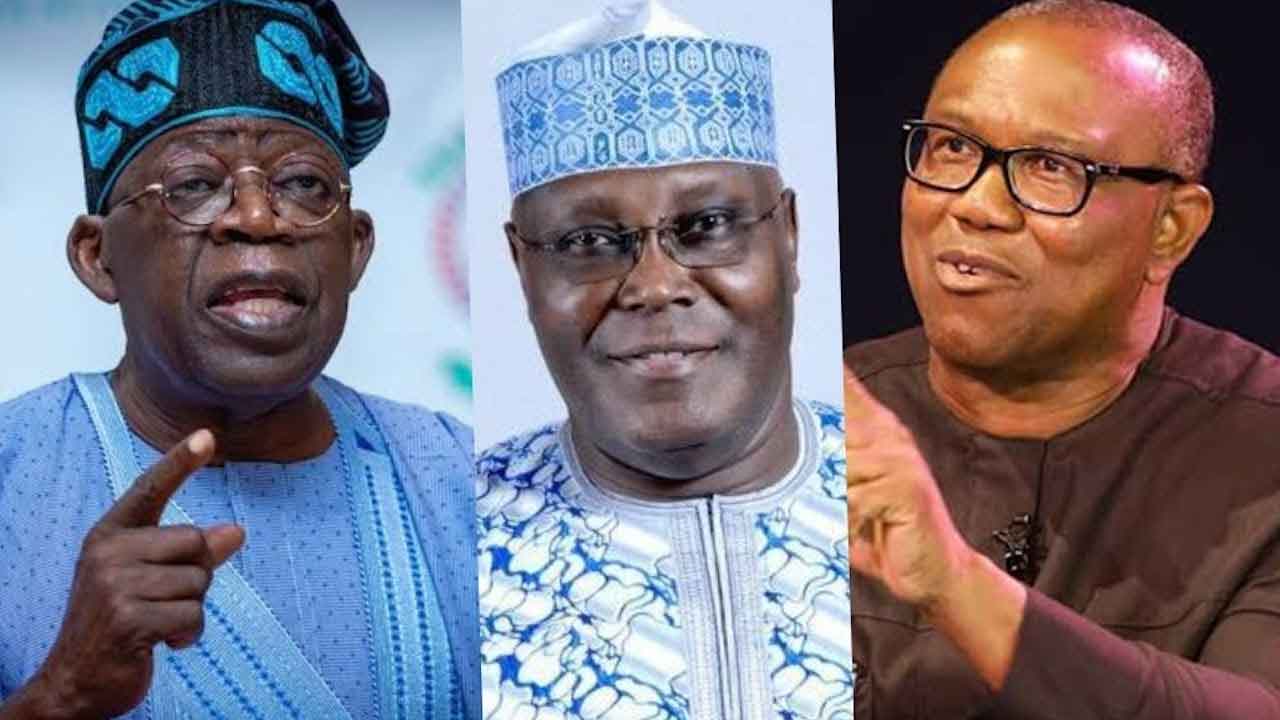Nigeria’s political arena has dramatically shifted in recent days as key figures from across multiple parties have come together under the African Democratic Congress (ADC) banner, aiming to challenge President Bola Tinubu’s ruling All Progressives Congress (APC) ahead of the 2027 elections.
A New Opposition Era
A formidable coalition, including former presidential aspirants Atiku Abubakar and Peter Obi, has officially launched the ADC alliance. The coalition also counts among its ranks ex-governors like Nasir El-Rufai, Rotimi Amaechi, and former Senate President David Mark, who now serves as interim chairman. Its purpose: prevent Nigeria's democracy from devolving into a one-party system and present a credible alternative to the APC.
Similar to the 2015 opposition unification that ended the PDP’s long reign, this alliance is uniting varied opposition forces around shared concerns like insecurity, inflation, and economic hardship.
Who’s In and What It Means
Atiku Abubakar and Peter Obi, both influential 2023 presidential runners-up, bring nationwide recognition and grassroots support.
David Mark (ADC interim chairman) and Rauf Aregbesola (interim secretary) lend seasoned political leadership.
Nasir El-Rufai joined after quitting APC and briefly joining SDP, adding further gravitas.
Other high-profile figures—including ex-governors from Kaduna, Rivers, Sokoto, Adamawa, and Imo states—attended the ADC roll-out in Abuja.
Why Now?
This coalition comes amid escalating defections into the APC, with over 140 federal and state lawmakers switching sides since Tinubu took office. Critics express alarm that these moves—alongside alleged misuse of state resources—could compromise Nigeria’s democratic foundations.
Opposition leaders are seizing the moment, citing economic hardship and rising insecurity under Tinubu’s administration as fuel for renewed unity in the opposition.
Challenges Ahead
The nascent coalition must reconcile individual ambitions—Atiku, Obi, and Amaechi all maintain presidential hopes—as well as regional tensions over zoning and candidacy.
Its transition from coalition to formal political force hinges on persuading more parties and zoning decisions, with the Independent National Electoral Commission’s approval of ADA or ADC potentially decisive.
What Comes Next
Official party launch: ADC must formalize into a registered, functional entity before it can field candidates.
Coalition cohesion: Managing internal politics, ambition, and regional representation remains a priority.
Public engagement: The alliance will move into grassroots campaigning, focusing on addressing inflation, insecurity, and economic recovery.
Final Take
In assembling a powerful opposition bloc led by national heavyweights, Nigeria is witnessing a significant political realignment—one aimed at restoring multiparty competitiveness ahead of 2027. Their success will hinge on unity, clarity of purpose, and public trust.
Follow Soshyo.com for continued updates and in-depth reporting on Nigeria’s road to the 2027 elections.
Powered by Froala Editor











